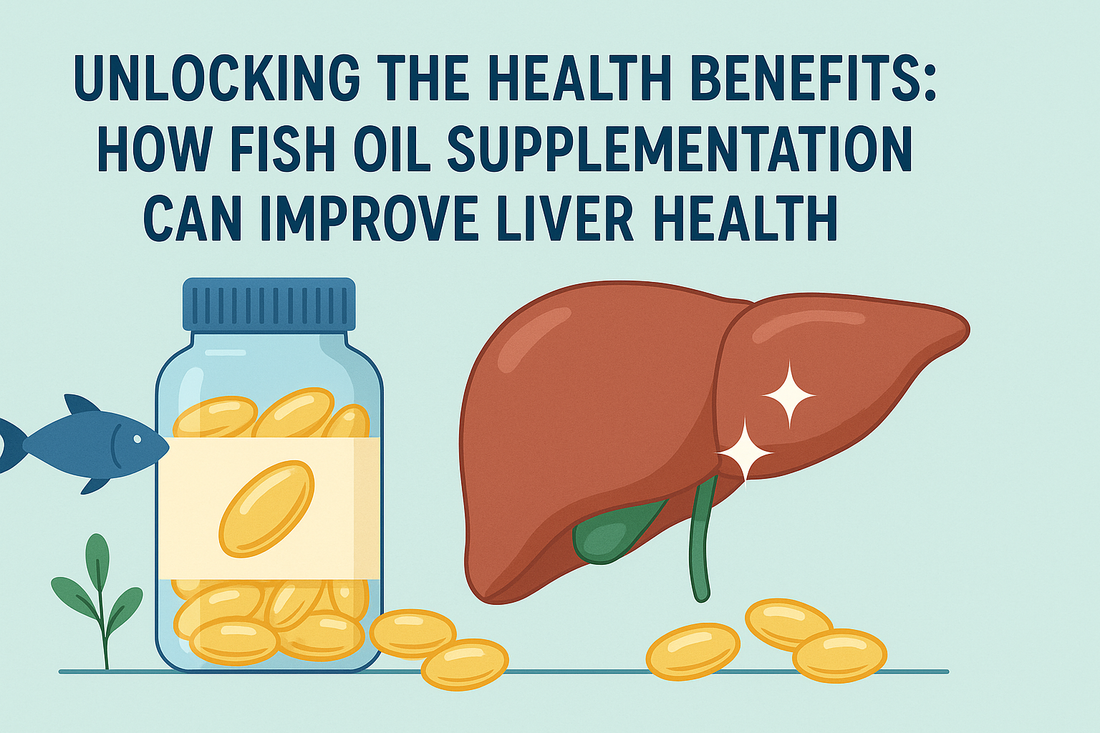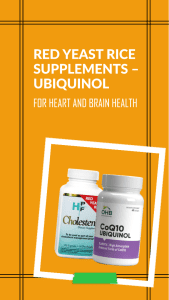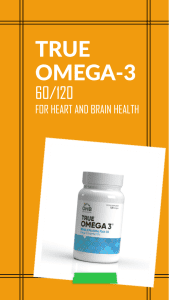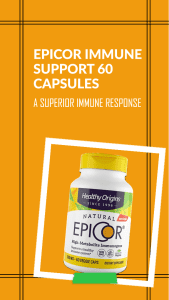
Share
Welcome to the wellness corner of the internet—brought to you by your friendly supplement experts at Optimal Health Bridge!
Today, we’re diving into the world of fish oil and how it can help improve your liver health. If you're looking to feel better and support your body, you're in the right place. Your liver will thank you!
You might already know that fish oil is great for your heart (and it is!), but did you know it’s also super helpful for your liver? Let’s take a closer look.
Understanding Fish Oil
What Is Fish Oil?
Fish oil is a supplement made from fatty fish like:
- Salmon
- Mackerel
- Sardines
These fish are packed with healthy fats called omega-3s—mainly EPA (eicosapentaenoic acid) and DHA (docosahexaenoic acid). Omega-3s are really good for your body. They help lower inflammation and support your heart and brain. Today, we’re focusing on how they help your liver.
The good news? You don’t have to eat fish every day to get these benefits. Fish oil supplements come in easy-to-use forms:
- Soft gels
- Liquid
- Capsules
That means no fishy taste or smell!
Key Nutrients in Fish Oil
Every high-quality fish oil supplement usually includes:
- EPA – Helps fight inflammation
- DHA – Supports brain and cell health
- Vitamin D – Boosts your immune system and supports bones
- Vitamin A – Helps with vision, immunity, and cell growth
Fun fact: your brain is about 60% fat, and much of that fat is DHA. So taking fish oil really is smart!
Why Liver Health Matters
The liver does so much for your body. It’s like the all-star of your internal team. Here are just some of the amazing things it does every day:
Top 10 Jobs Your Liver Does
- Removes toxins from your blood
- Breaks down fats, proteins, and carbs
- Makes bile to help digest greasy foods
- Stores important vitamins and minerals
- Helps your blood to clot properly
- Handles hormone changes
- Turns harmful ammonia into safe urea
- Supports your immune system
- Controls cholesterol levels
- Stores and releases sugar as needed
Your liver keeps your body balanced, energized, and clean. Taking care of it is one of the best things you can do for your health—and fish oil can help.
10 Ways Fish Oil Helps Your Liver
Here’s how adding fish oil to your routine can support your liver and help it work better:
-
Reduces Liver Inflammation
Fish oil helps lower inflammation, especially in people with fatty liver disease.
-
Lowers Liver Enzymes
High liver enzymes can be a sign of liver damage. Fish oil can help bring those levels down.
-
Fights Oxidative Stress
Fish oil has antioxidants that protect liver cells from damage caused by stress and pollution.
-
Cuts Down on Liver Fat
Omega-3s help your liver burn fat better, which means less fat builds up in your liver.
-
Improves Insulin Sensitivity
This helps your liver manage blood sugar more easily and keeps your energy more stable.
-
Supports Bile Production
More bile means your body can digest fats better, which helps prevent buildup in the liver.
-
Helps with Detox
Omega-3s can improve how your liver removes unwanted chemicals and toxins.
-
Balances the Immune System
Fish oil helps calm down an overactive immune response that can harm liver tissue.
-
Improves Cholesterol
Fish oil lowers bad cholesterol and triglycerides while raising the good kind.
-
Reduces Fat Buildup Around the Liver
This helps prevent damage to nearby blood vessels and keeps your liver safe.
When your liver is supported, you often feel more energetic, less bloated, and just healthier overall.
Scientific Proof: Fish Oil and Liver Health
This isn’t just guesswork. Research backs it up!
Studies That Show It's Real
- Journal of Hepatology (2020): Fish oil helped reduce liver fat in people with fatty liver disease.
- American Journal of Clinical Nutrition (2019): People with metabolic syndrome had lower liver fat after taking DHA.
- Journal of Clinical Gastroenterology: A review of many studies found that fish oil lowers liver enzymes and improves liver health.
These are real studies, done with real people, using regular fish oil supplements. That means it can work for you, too!
Choosing a Great Fish Oil
Not all fish oil is the same. Here’s what to look for when picking a good one:
- High levels of EPA and DHA
- Tested for purity and free from heavy metals
- Made from small, cold-water fish (like sardines)
- No fake ingredients or fillers
- Good packaging that keeps it fresh (no stinky aftertaste)
- Safe to keep in the fridge if it’s liquid
- In triglyceride form for better absorption
- Comes from brands that are honest and transparent—like us here at Optimal Health Bridge
Your liver works hard. It deserves the best support you can give. Choose quality when you pick your supplements.
Final Thoughts: Take Care of Your Liver
Your liver is like a loyal friend—working behind the scenes to help you stay strong and healthy. It may not get as much attention as your heart or your muscles, but it’s just as important. Giving it the support of Omega-3s from high-quality fish oil is a smart and simple way to take care of your whole body.
At Optimal Health Bridge, we’re here to help you feel your best. Our fish oil supplements are made to support your total wellness, including the all-important liver.
Next time someone asks what you’re doing for your health, you can proudly say:
“I'm supporting my liver with fish oil!”
So go ahead—
- Give your liver some love
- Grab a bottle of high-quality Omega-3s
- Keep living your best life!
Ready to make a healthy choice? Check out our full line of trusted fish oil supplements: Visit Optimal Health Bridge
And don’t forget to share this post with a friend—because everyone has a liver, and everyone deserves good health.
Stay healthy and happy,
— The Team at Optimal Health Bridge










